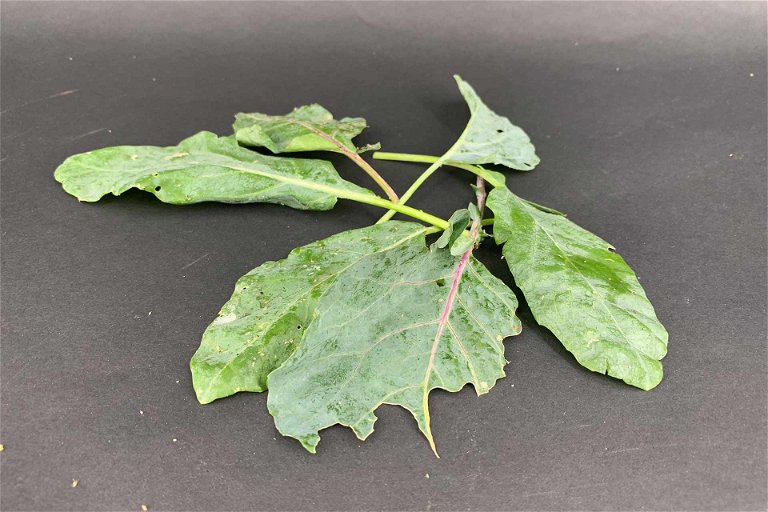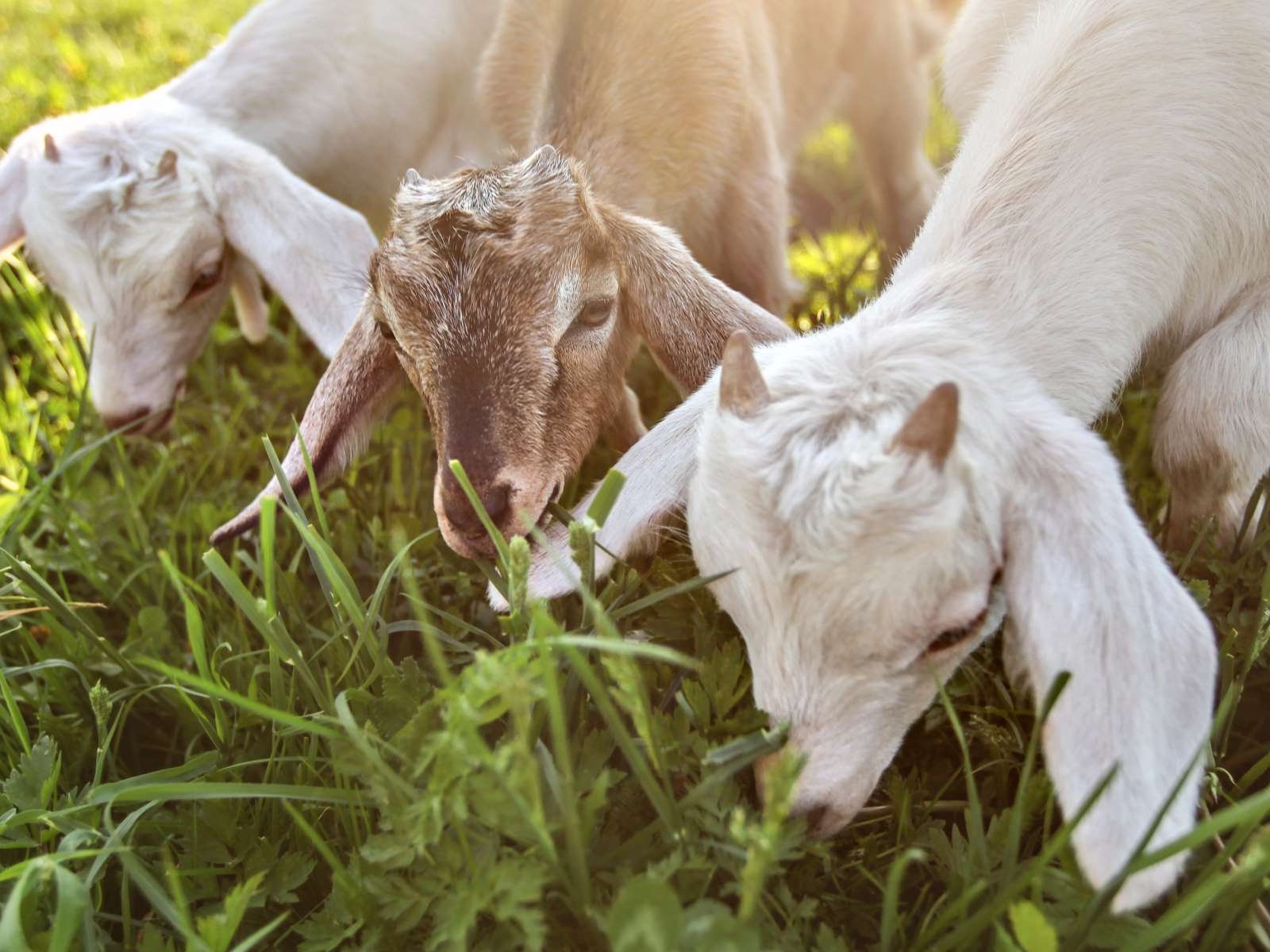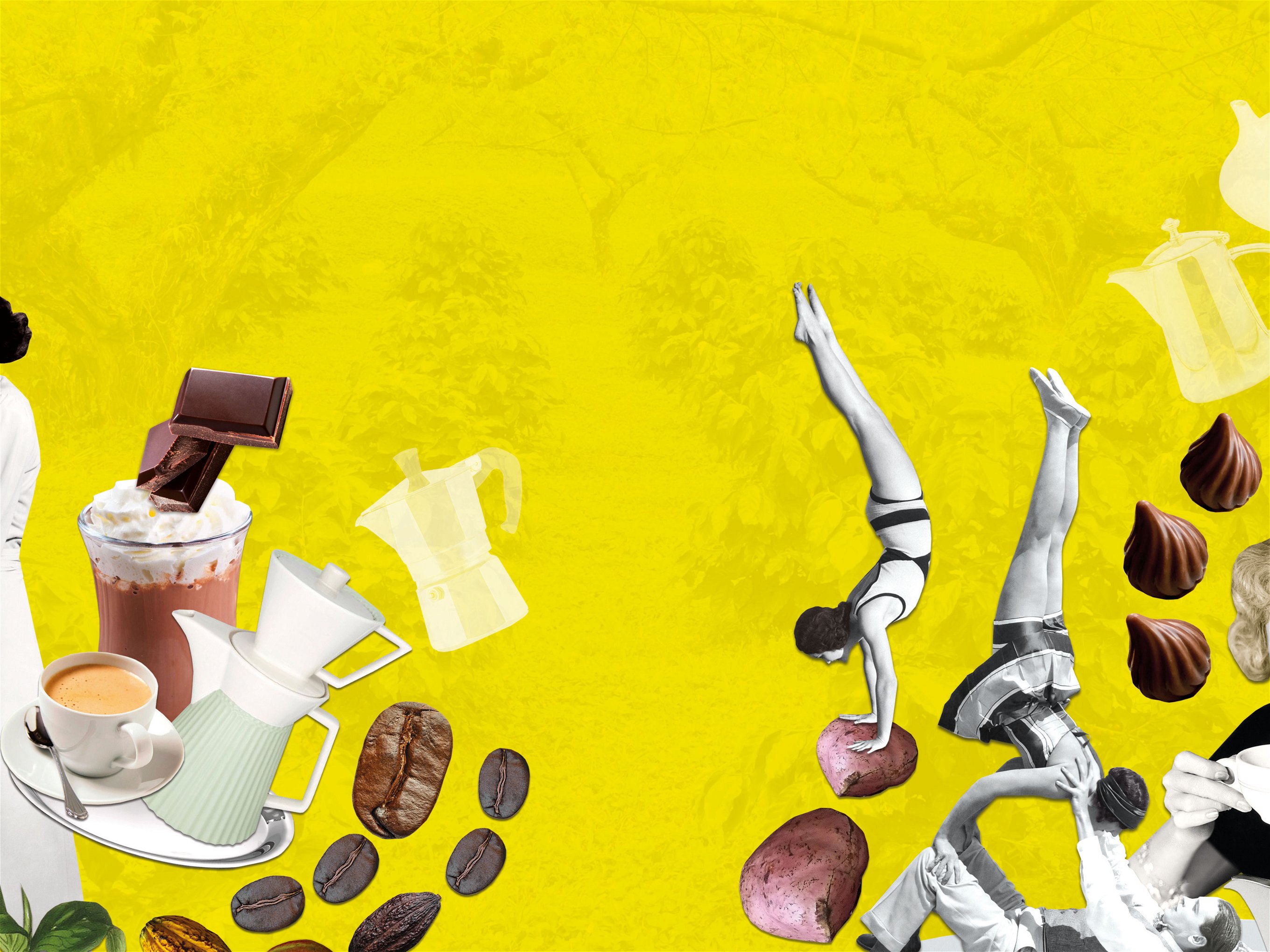Zero Waste: Empty Bins are the Future
Doing good and saving money at the same time; empty bins are not only ethically exemplary, but also budget-friendly.
Researchers in Austria have investigated the sources and causes of food waste, with the following results:
- The range of avoidable food waste is between 3-46% of the food served.
- The loss rate (food disposed of unused) is between 14-22%.
In Austria alone, 45,000 tonnes of avoidable food waste are produced annually in the catering sector, 50,000 tonnes in the accommodation sector, 61,000 tonnes in mass catering and 19,000 tonnes in other businesses such as coffee houses. Taking into account average purchase prices, about €320 million ends up in the waste bin, that is €8,000 per business, not including disposal costs. To put this into further perspective, Austria has a population of around 9 million people, the UK population is just over 67 million people, whilst the USA is nearer 330 million, or 36.5 times the size of Austria. The scale of waste is phenomenal, so analysing one's own business or household to deal with this issue pays off from an economic and ethical point of view.
Pesto, crisps & pickles
Carrot greens can be made into a pesto with the addition of pine nuts, garlic, parmesan and olive oil, which can also be kept frozen. Carrot peelings can be used to make crisps; bake in the oven at 180°C/350°F for 15 minutes with a little olive oil, salt and pepper until golden. To prepare pickles; pour a salt solution and vinegar over sections, peels and stems of carrots, broccoli and cauliflower add cumin seeds and a bay leaf and store in a cool place.
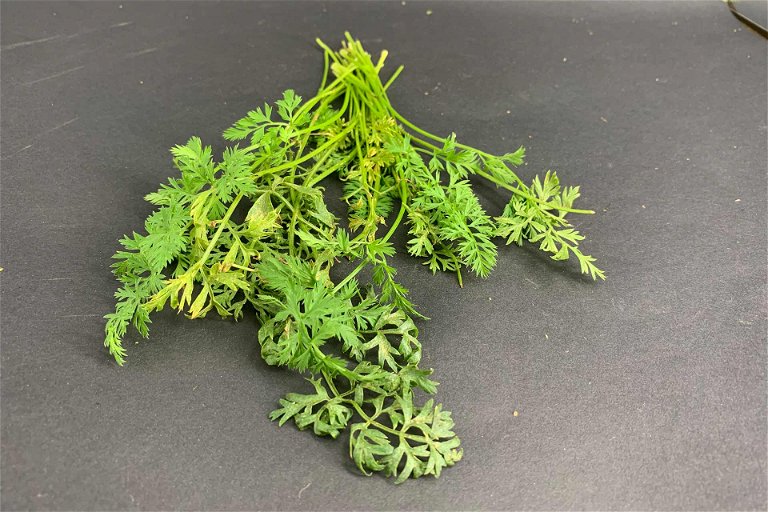
Spritz, pickles
Cucumber peelings make good additions to cocktails, especially gin based ones, or mix as a non-alcoholic spritz with mint stalks, lemon juice, soda and ice cubes. Cucumber ends can be finely sliced and mixed with yellow mustard seeds and a salt solution and vinegar to make pickle.
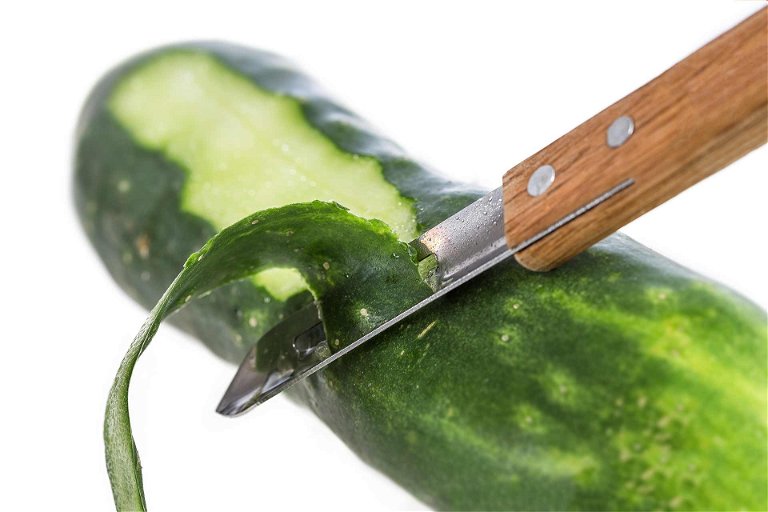
Pickles
The peelings of kohlrabi, also called German turnip, can be pickled with cumin, curry, turmeric, a salt solution and vinegar. Kohlrabi is from the cabbage family and is best thought of as somewhere between a large radish, a broccoli stem and a small summer turnip.
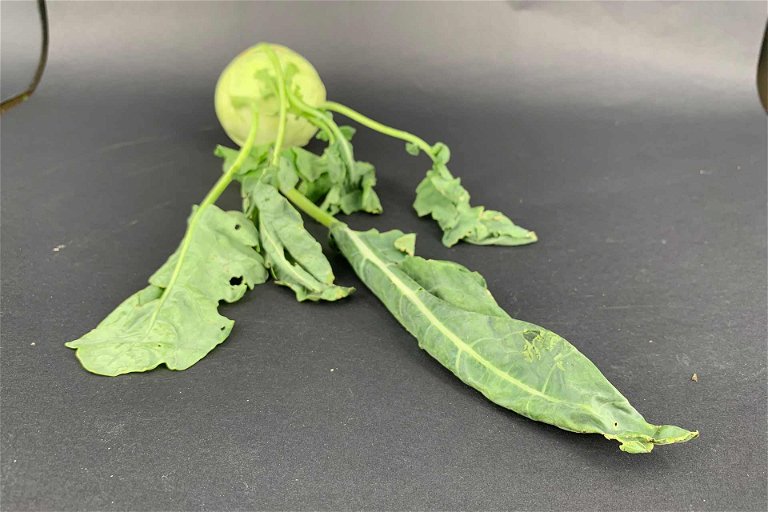
Salad, soups & garnish
Kohlrabi leaves can be used in a similar way to herbs and spinach. Their intense aroma can be used to spice up mixed salads, to refine soups and stews or to conjure up a smoothie rich in vital vitamins. The leaves can also be pressed between two silicone mats, sprayed with oil and sugar and baked briefly in the oven to make a tasty garnish.
